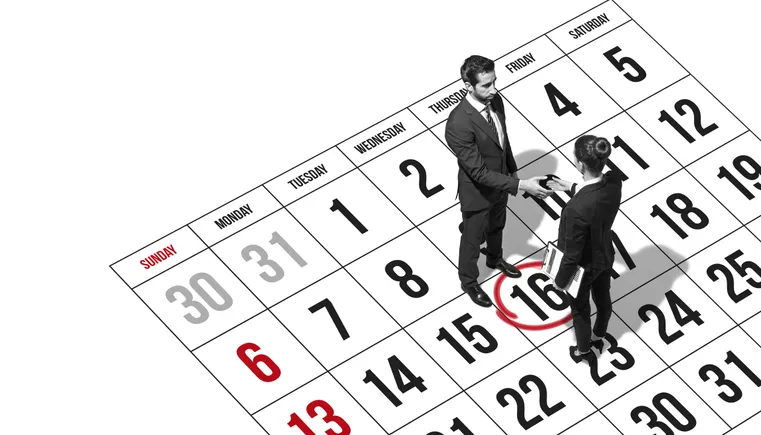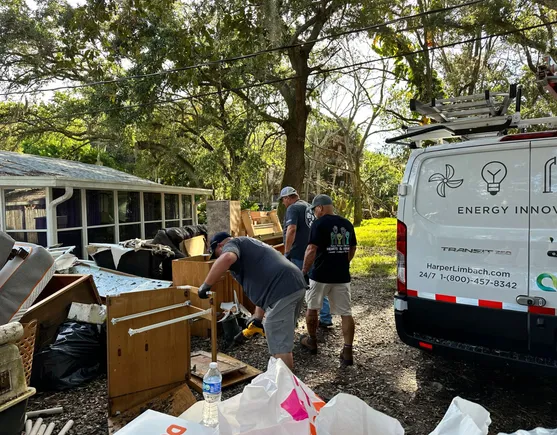After a slew of corporate diversity, equity and inclusion program rollbacks, a Human Rights Campaign survey of LGBTQ+ adults found that nearly 1 in 5 respondents would either quit or start looking for a new job if their employer scaled back DEI, while 72% said they would feel less included or accepted at work.
HRC said it surveyed more than 2,400 LGBTQ+ adults last month. The organization also measured consumer sentiment, finding that 8 in 10 respondents would boycott a company that rolled back DEI programs. More than half said they would encourage others to join them through methods such as leaving negative reviews and sharing messages on social media.
Several large brands in the retail, food and beverage and manufacturing sectors announced DEI cuts in June, July and August. They include Lowe’s, Tractor Supply, John Deere, Ford, Harley Davidson and the manufacturer behind Jack Daniel’s whiskey, Brown-Forman Corp.
The specifics of each company’s rollbacks varied, but commonalities included ending policies that link executive pay to the achievement of DEI-related goals, as well as the scaling back of identity-based employee resource groups, or ERGs, and certain DEI training programs.
Another thread, one directly tied to HRC, is that each of the companies have announced that they will no longer voluntarily participate in the HRC Foundation’s Corporate Equality Index. The index scores organizations on their LGBTQ+ inclusion.
Many employers participate in the index voluntarily, but HRC Foundation still ranks each Fortune 500 company regardless of whether they send additional information to the HRC to improve their score, said Lauren Gray, HRC’s senior VP of communications and brand, in an email to HR Dive.
The companies that declined to participate will still receive CEI scores, but they will be lowered, Gray said. “And as our recent August 2024 data indicates, this will have significant repercussions on companies’ workforce and bottom line,” she added.
A pop up advertisement appeared on the Human Rights Campaign website on Sept. 10, 2024, naming companies and brands that have rolled back DEI campaigns in recent months.
Anti-DEI social media activist’s posts draw scrutiny
On X, formerly Twitter, anti-DEI activist Robby Starbuck has been perhaps the leading voice advocating for corporate DEI rollbacks. Starbuck published what he claimed to be several of the internal memos and letters sent by the brands and has even taken credit for the rollback trend.
“We’re now forcing multi-billion dollar organizations to change their policies without even posting just from fear they have of being the next company that we expose,” Starbuck said in an Aug. 21 X post that displayed Brown-Forman Corp.’s internal DEI rollback memo.
HRC has criticized firms for what it perceives as capitulation to activists like Starbuck. Gray said the businesses were “abandoning their employees, consumers, and financial duties,” citing 2022 data by LGBTQ-focused market research firm The Pride Co-Op that showed the LGBTQ+ community possesses approximately $1.4 trillion in buying power.
“The current and future workforce is more out and allied than ever before,” Gray added. “Job seekers, as well as consumers, are looking for companies that are rooted in their values and strong enough to prioritize the long-term success of their business and employees – rather than buckling in response to today’s short-lived political tempest in a teapot.”
“The fear is the point.”

Jennifer Martinez
Partner and Chief DEI Officer, Hanson Bridgett
DEI professionals call for ‘return to drawing board’
Particularly in the courts, storylines about DEI backlash predate this summer’s wave of corporate rollbacks by a number of months. Lawsuits filed by America First Legal challenged corporate DEI programs across the country, and states like Florida passed laws prohibiting certain DEI training. The U.S. Supreme Court, in a 2023 decision that did not directly concern employers’ DEI efforts, struck down race-conscious admission policies at colleges and universities.
Despite being “flabbergasted” at the number of recently announced rollbacks, Jennifer Martinez, partner and chief DEI officer at law firm Hanson Bridgett, said she’s not surprised given potential legal threats to risk-averse corporations.
“The fear is the point,” Martinez said. “These are not innocent lawsuits. These are coordinated political actors who are being forward with this plan to dismantle the work that’s been done. They can’t sue everyone, and so they’re hoping that the fear of a lawsuit will drive people to roll back.”
Specifically, employers may fear the risk that they will be accused of reverse discrimination, she continued. Add in budgetary concerns and those same organizations might be tempted to fold DEI efforts into their broader HR operations, both to cut costs as well as reduce potential scrutiny from anti-DEI activists.
But those ideas are “misplaced,” Martinez said. “It kind of misunderstands what DEI programs really are, what they do and the benefits that they bring.”
Organizations that made cuts to tamper backlash have invited criticism from pro-DEI groups. For example, the National Black Farmers Association called on Tractor Supply’s president and CEO to resign following its rollback announcement, noting that farmers from underrepresented communities formed part of its customer base.
The present environment requires that employers be resilient and able to navigate volatility, said Jarvis Sam, founder of DEI consultancy The Rainbow Disruption and former chief DEI officer at Nike. He said many companies have not done enough in the way of scenario planning for when spaces like DEI come under fire.
“We as organizations need to come together and come up with a revised business case for DEI,” Sam said, noting that the existing business case, largely drawn up in the pre-COVID era, may not speak to the divided DEI environment of today.
He advised companies to think through how to articulate the link between DEI progress and organizational values, and partner with academic organizations and other DEI experts for insight on best practices.
“Return to the drawing board and understand your why,” Sam said. “Align this work to the values of your organization and encourage the understanding that this work is intrinsically linked to the work of your company.”






Leave a Reply